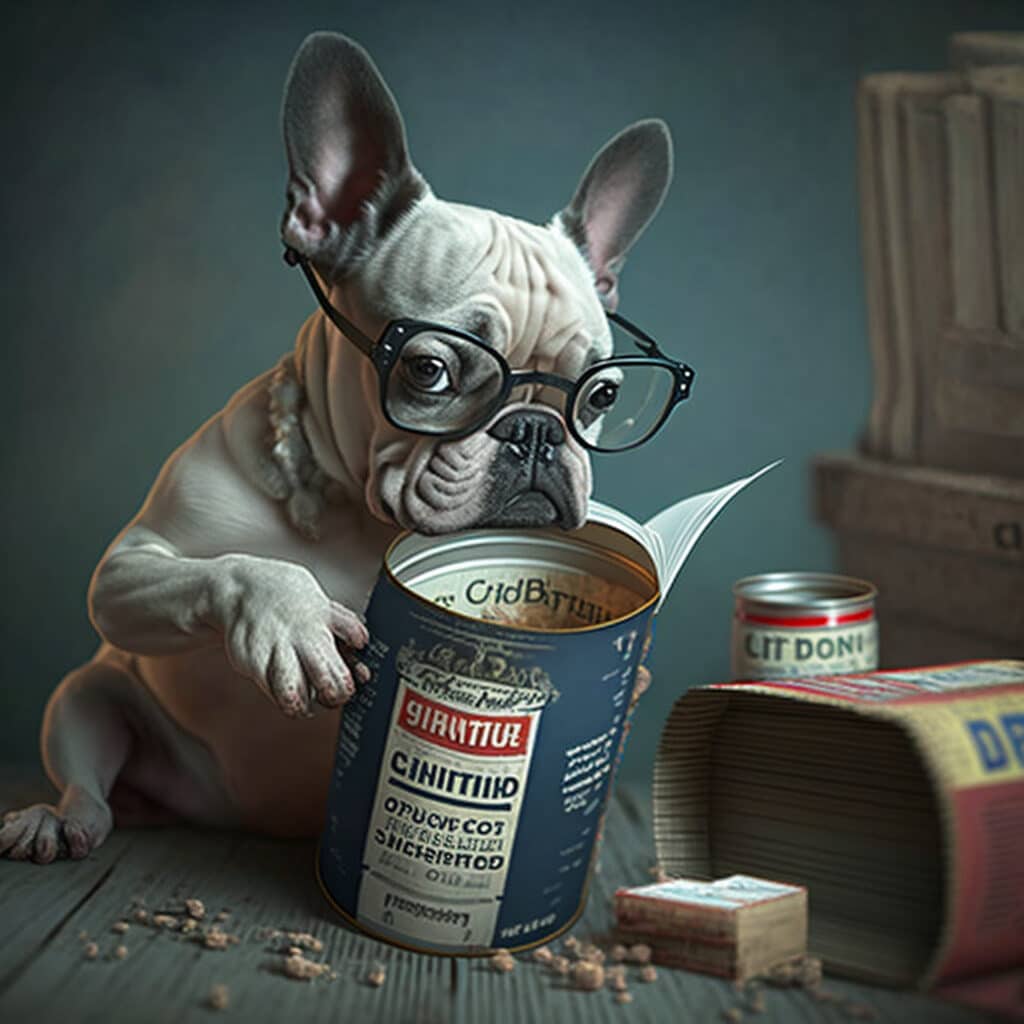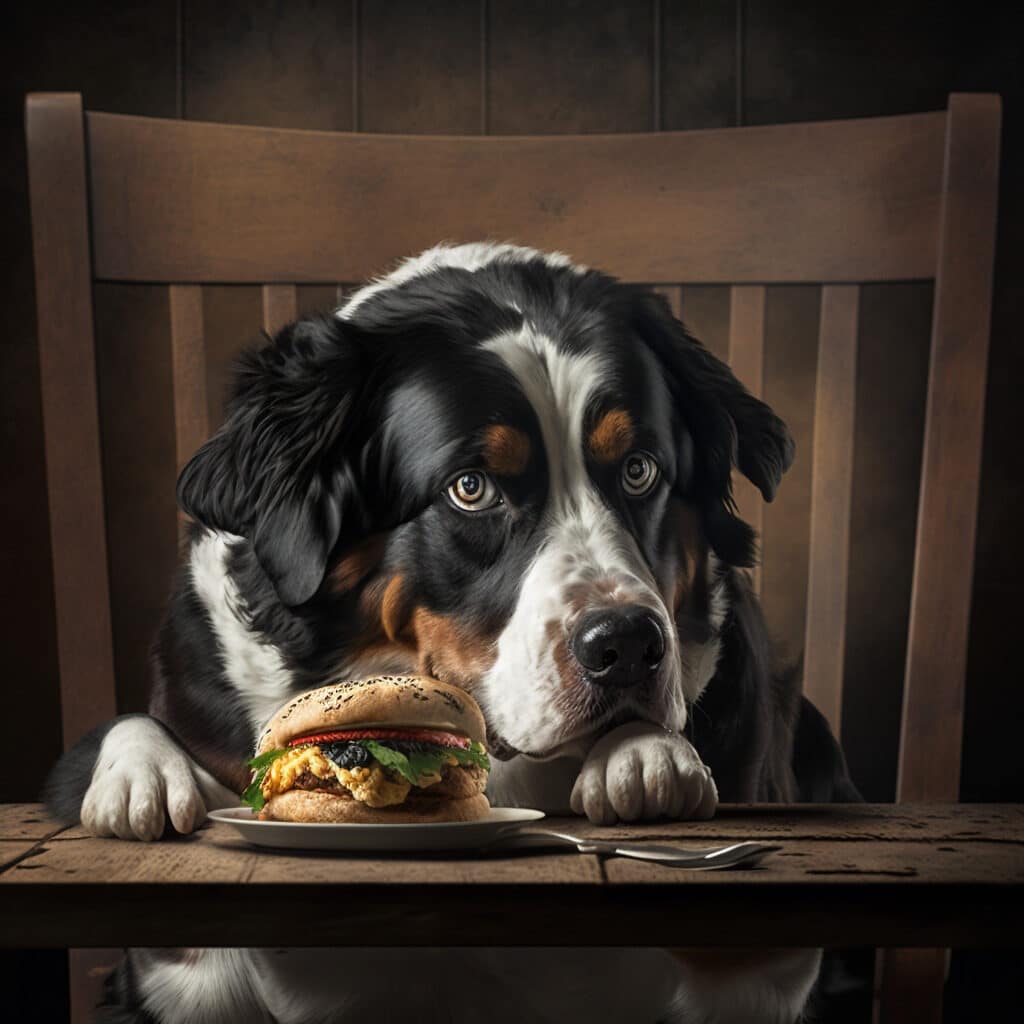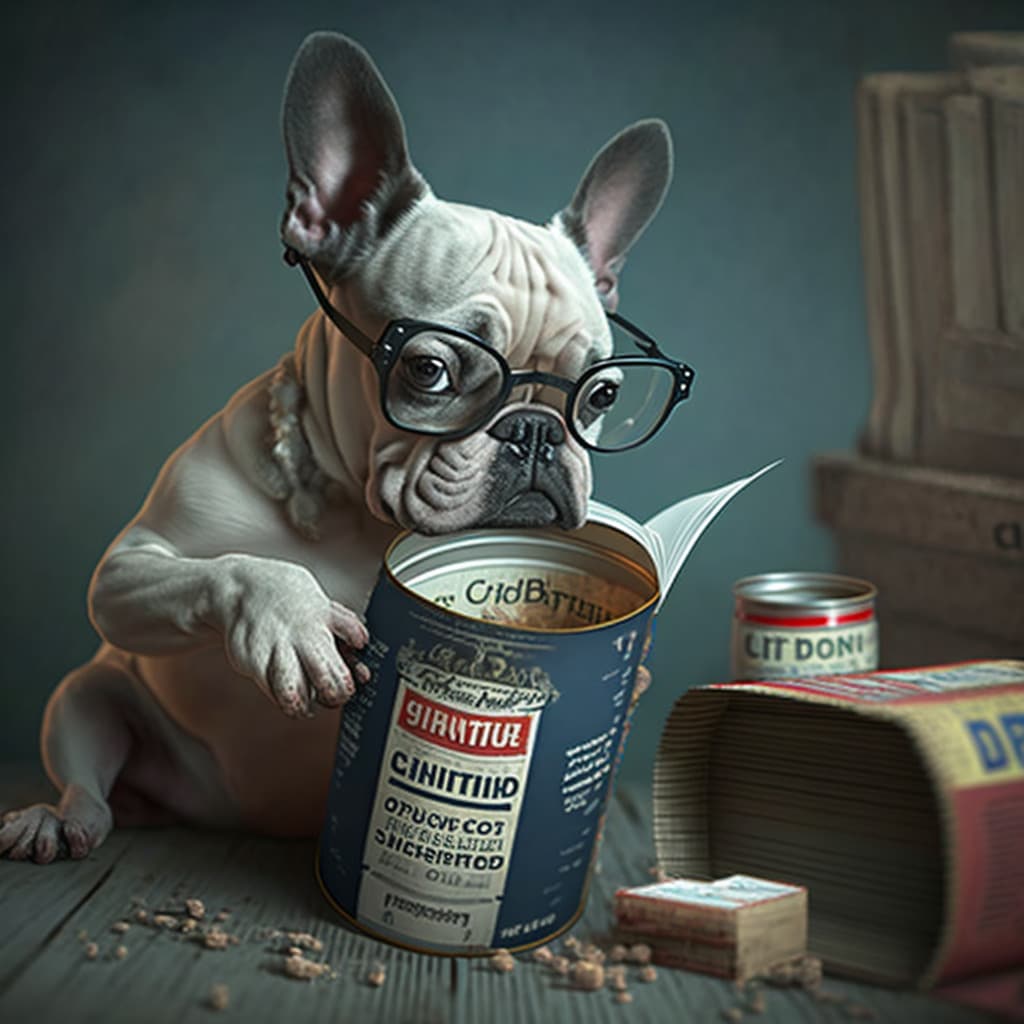What to avoid in dog food?
You stroll through the aisles of the pet store, searching for the perfect food to nourish your four-legged friend. But amidst the colorful packaging and enticing flavors, how do you decipher what’s truly good for your furry companion? Well, we’re here to guide you through some crucial ingredients to steer clear of, and what to avoid in dog food.

First and foremost, artificial ingredients and preservatives should be on your radar. Ingredients like BHA, BHT, and ethoxyquin are common additives that might extend shelf life but could potentially harm your pup’s health. Note, if you wouldn’t want these artificial preservatives in your own diet, why subject your beloved dog to them?
Next up, fillers and unhealthy fats. Watch out for ingredients like corn, wheat, and soy, which bulk up the food without providing imperative nutrients. Similarly, keep an eye on unhealthy fats like rendered fat, which can lead to weight gain and digestive issues. Opt instead for whole, real ingredients like high-quality proteins, whole grains, and healthy fats to ensure your dog receives the nourishment they need.
So, next time you’re scanning the shelves for the perfect dog food, remember to avoid those sneaky artificial ingredients, fillers, and unhealthy fats. Your furry friend deserves the best, so empower yourself with knowledge and make informed choices to promote their well-being.
A healthy pup is a happy pup, and with the right diet, you’re on the path to keeping your canine companion thriving. Stay tuned for more tips and tricks on giving your dog the best possible care!
Key Takeaways:
- Avoid Artificial Ingredients and Preservatives: Ingredients like BHA, BHT, and ethoxyquin can potentially harm your dog’s health. Opt for foods free from these additives to ensure your pup’s well-being.
- Steer Clear of Fillers and Unhealthy Fats: Fillers like corn, wheat, and soy provide little nutritional value, leaving your dog feeling full but not truly nourished. Choose dog food with real, whole ingredients and healthy fats to promote your dog’s overall health.
- Make Informed Choices: Take the time to read and understand dog food labels, prioritizing high-quality protein sources, whole grains, and healthy fats. Consult your veterinarian for personalized recommendations to ensure your dog gets the nutrients they need to thrive.
By being mindful of what ingredients to avoid in your dog’s food and opting for a well-balanced diet rich in whole foods, you’re taking a crucial step towards keeping your furry friend happy and healthy.
A little effort in choosing the right food can go a long way in ensuring your dog’s well-being.
So, next time you’re faced with a selection of dog food options, be a savvy shopper and prioritize your pup’s health above all else. Your dog will thank you with tail wags and endless cuddles for making the right choices.
Understanding Dog Food Labels
Dogs can be opportunists when it comes to getting their paws on tasty treats, but not all everyday food and drink are safe if they come into contact with them. Learn which nine items are particularly dangerous to your dog.
https://www.battersea.org.uk
Decoding Ingredient Lists
Labels on dog food can be overwhelming with a bunch of fancy words and pictures. But fear not, dear readers! Let me lend you a paw in decoding these ingredient lists. Some ingredients are necessary for your furry friend’s health, while others might just be fillers that offer little to no nutritional value. Look for real, whole ingredients like high-quality proteins, whole grains, and healthy fats as the main components of your dog’s food.
Identifying Red Flags in Ingredient Quality

The quality of ingredients in your dog’s food is crucial for their well-being. The last thing you’d want is to feed your pup something that could potentially harm them. Identifying red flags in ingredient quality is key.
Avoid artificial preservatives like BHA, BHT, and ethoxyquin, as well as fillers like corn, wheat, and soy. Opt for food that prioritizes real, whole ingredients to ensure your dog gets the necessary nutrients they need to thrive.
Ingredients to Limit or Avoid
Artificial Additives and Preservatives
While dog food labels may look colorful and appealing, it’s important to be aware of the hidden dangers lurking within. Additives like BHA, BHT, and ethoxyquin are added to extend shelf life, but could potentially harm your pup’s health. Just like you wouldn’t want to consume artificial preservatives yourself, why feed them to your furry friend?
Fillers and Low-Quality Grains
Any food that bulks up without providing much nutritional value is a red flag for your dog’s well-being. Fillers like corn, wheat, and soy can leave your dog feeling full but not truly nourished.
For instance, unhealthy fats like rendered fat can contribute to weight gain or digestive issues. Opt for real, whole ingredients like high-quality protein sources and healthy fats to provide your dog with the important nutrients they need to thrive.
Selecting Healthier Alternatives
Now, when it comes to choosing healthier alternatives for your furry companion, it’s important to focus on whole food ingredients. Food that prioritizes real, whole ingredients like high-quality protein sources, whole grains, and healthy fats is key to providing your dog with the necessary nutrients for a balanced diet.
Choosing Whole Food Ingredients
Food filled with real, whole ingredients is like giving your dog a gourmet meal every day. Opt for dog food that lists high-quality protein sources like chicken or fish, whole grains such as brown rice or oats, and healthy fats like omega-3 and omega-6 fatty acids as the main ingredients. Your pup will thank you for providing them with the building blocks for a healthy body!
The Role of Your Veterinarian in Nutrition
Any responsible pet owner knows the value of consulting their veterinarian when it comes to their dog’s nutrition. Veterinarians can offer personalized recommendations based on your dog’s breed, age, and activity level. They ensure your furry friend gets the exact nutrients they need to thrive, promoting a healthy and happy life for your pup.
This transformative approach to selecting what to avoid in dog food will not only improve your dog’s well-being but also deepen the bond between you and your furry friend. By choosing whole food ingredients and consulting with your veterinarian, you’re taking proactive steps to ensure your pup’s health and happiness for years to come.
Final Words
Summing up, understanding what to avoid in your dog’s food is crucial for their overall health and happiness. By steering clear of artificial ingredients, preservatives, fillers, and unhealthy fats, you can ensure that your furry friend is receiving a well-balanced diet rich in whole foods.
Note, reading dog food labels and choosing real, recognizable ingredients is key to providing your pet with the nutrients they need to thrive. Don’t be afraid to do your research and consult with your veterinarian for personalized recommendations.
Ultimately, by making informed choices, you are taking a significant step towards giving your dog the best possible nutritional start for a long and healthy life. After all, a healthy pup is a happy pup, and that’s what every pet owner truly desires.
FAQs
What dog food ingredients to avoid for allergies?
If you’re wondering “what to avoid in dog food” for your allergy-prone furry friend, it’s essential to watch out for ingredients that commonly cause allergies.
These can include beef, chicken, dairy, wheat, and soy. opt for hypoallergenic dog food made with novel proteins or limited ingredients to minimize the risk of triggering an allergic reaction. Consulting with your veterinarian can help you choose the right food for your dog’s unique needs.
What ingredients to avoid in grain-free dog food?
When searching for grain-free dog food and wondering “what to avoid in dog food,” make sure to steer clear of artificial ingredients, excessive amounts of salt, and low-quality fillers. Prioritize dog food with whole food ingredients, such as real meats, fruits, and vegetables.
Additionally, look for dog food containing natural preservatives, like vitamin E, instead of harmful chemical additives. Always read the labels and consult your veterinarian for guidance.
What artificial ingredients and preservatives should I avoid in dog food?
Avoid artificial preservatives like BHA, BHT, and ethoxyquin, as they may pose health risks to your furry friend. Opt for dog food that uses natural preservatives instead.
Which fillers and unhealthy fats should I steer clear of in my dog’s diet?
Stay away from fillers such as corn, wheat, and soy, which provide little nutritional value. Also, avoid unhealthy fats like rendered fat that can lead to weight gain and digestive issues in dogs.
How can I make informed choices when selecting dog food for my pet?
Look for dog food with real, whole ingredients like high-quality protein sources, whole grains, and healthy fats. Prioritize foods that list recognizable ingredients at the top of the label to ensure your dog receives imperative nutrients for a healthy body.

